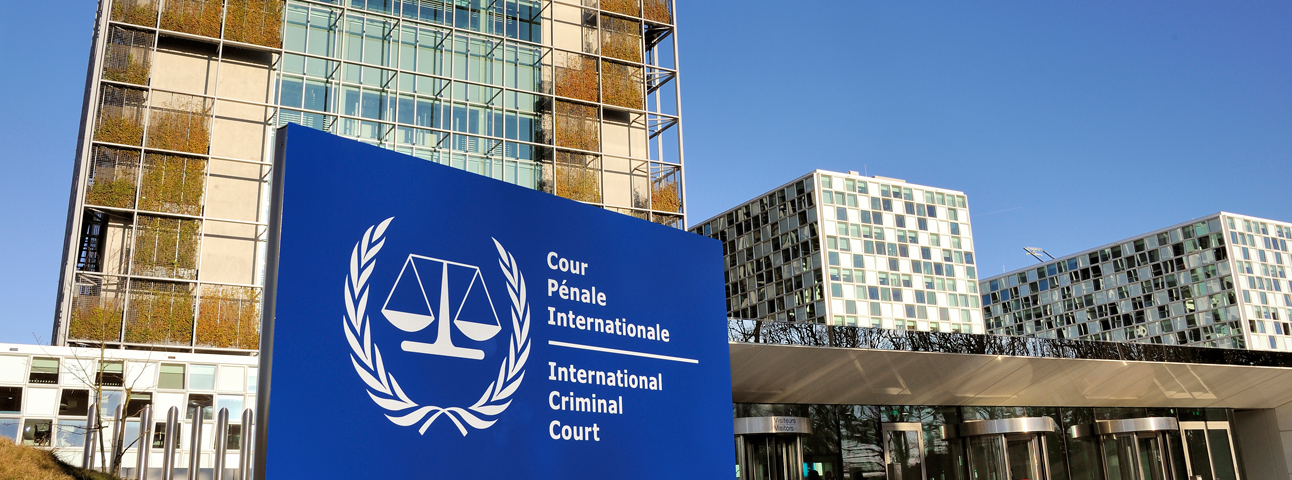On the decision by the ICC in The Hague
IDI Vice President Prof. Yuval Shany on the decision by the International Criminal Court in The Hague (ICC): "It will be a long time before the investigations mature into indictments or arrest warrants."

"The ICC decision states that the Prosecutor may open an investigation against Palestinians and Israelis on suspicion of committing war crimes in the West Bank and Gaza. In light of today's decision, it is clear that a criminal investigation is an existing reality. Nevertheless we have a long way to go before the investigations mature into indictments against specific individuals and arrest warrants," Prof. Shany stressed, "and by then the prosecution will also have to formulate a position on whether IDF internal investigations are sufficient to prevent the prosecution of soldiers." He said, "In a similar case involving allegations that British soldiers committed war crimes in Iraq, the Prosecutor recently imposed low standards on formal investigation, which increases the likelihood that military investigations into Operation Protective Edge (2014 War in Gaza) will prevent proceedings against IDF soldiers in connection with this operation."
Regarding the Court’s decision, Prof. Shany clarified that "the majority judges accepted the plaintiff's main argument that - since the Palestinian Authority joined the Rome Statute, by virtue of which the Court operates, it should be treated as a state - and the tribunal is empowered to adjudicate the case by virtue of the Palestinians joining the constitution as a “state party.” The court did not examine or accept the plaintiff's alternative claim that the Palestinian Authority meets the general conditions for recognition as a state under international law. For Israel, this somewhat reduces the precedential implications of the decision, because it is only pertinent with regards to the interpretation of the powers of the Court itself.”
"The majority position accepts the plaintiff's claim that the 1967 borders delineate the territory for which the Court applies its judicial powers, in light of UN decisions regarding the status of these territories. This is a blow for Israel - as it allows the plaintiff to proceed with the investigation of the complaint that Israel committed a crime of "transfer of population into occupied territory." The majority judges also did not rule on the question of whether the Oslo Accords are relevant to the Palestinians' ability to cooperate with the tribunal in connection with the investigation against Israeli citizens, and held that the issue would be examined later if and when arrest warrants are issued," Shany added.
